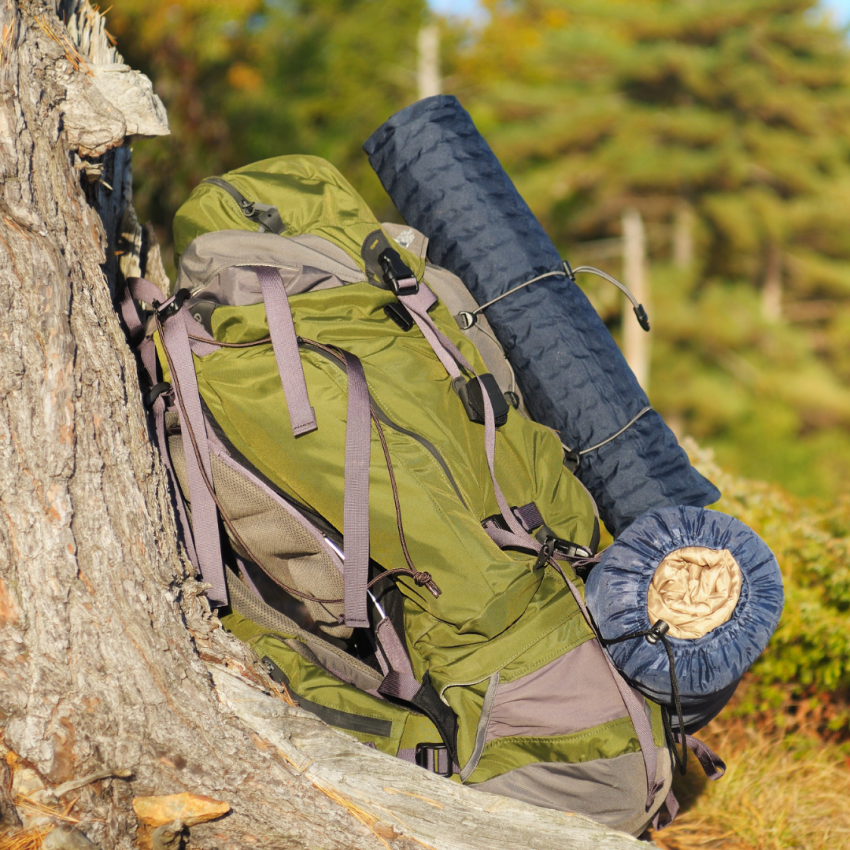Before deciding whether or not to backpack, ask yourself this question: is your backpack too big? The answer to this question is subjective and depends on several factors. Still, in general, if the backpack is too big, it will decrease your mobility, make it harder to carry and make you feel uncomfortable. Remember that though you are spending less on backpacking supplies, you will be sacrificing some convenience. So, if you find that your backpack is uncomfortable, you might want to consider trading it in for a smaller one.
So, What is Really the Perfect Size of Your BackPack Size?
Before you go on your backpacking adventure, you’ll want to make sure that you pack everything you’ll need. However, when it comes to deciding what to pack, size can be just as important as weight: you don’t want to have to lug around a backpack that’s too big. So, what is considered a “good size” backpack?
Well, it depends on the consideration that you have to take note of such as the length of your travel, the area you are going to and many more.
However, here’s a guide that you can consider to identify the perfect backpack size for you:
- For weekenders or for those travelling for 1 to 3 nights, the perfect backpack size is the one that can carry 30 to 50 liters.
- For what they call multiday vacationers, those who would like to travel for at least 3 to 5 nights, taking a 50 to 80 liters backpack capacity would be best.
- And lastly, for those who usually extend their trips, from 5 nights onwards, the 70 liters or larger backpack is advisable.
Many people dream of backpacking around the world. Some do it for experience, and some do it because it’s something they’ve wanted to do since they were kids. But even more, they do it because they are low on money, and they think backpacking will cost a lot. Well, it’s kind of true. But if you’re looking for ways to save money, backpacking can be done on a budget. Here are a few tips to make your trip more economical:
Stay on Affordable Hostels
If you want to stay on a budget, check out popular hostels. Hostels are cheap places to crash in and usually are located close to attractions such as museums and nightlife. When searching for a place to stay, first decide where you want to travel. Some hostels only accept bookings for certain time periods, so check to make sure that’s what you want to do. Some hostels also limit the number of guests in certain areas.
Be With a Travel Buddy
Traveling solo is fun. But having a friend along can make your life that much better. Often, traveling companions are reliable travel buddies who share your hobbies, passions, and interests. Your travel buddy serves as your own personal assistant, making sure you don’t miss out on that must-do attraction or tour. Your travel buddy becomes your own roommate, splitting the cost of accommodations, food, and sightseeing. And your travel buddy becomes an integral part of your trip, giving you someone to share stories of your vacation with.
Enjoy the Life of the Locals
Whenever I travel somewhere new, one of the first things I do is google the local tourist sites. I want to see the highlights, get a feel for what life is like in the city, and meet new people. If you blend with the locals, your trip will be cheaper and will be more fun.


